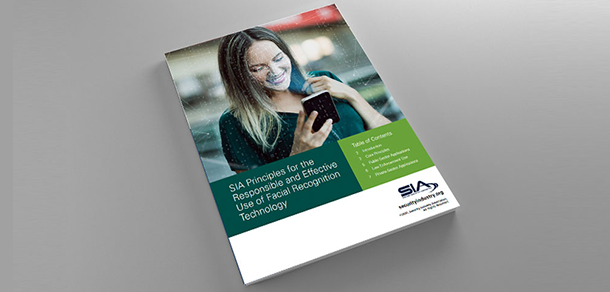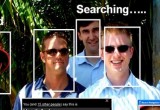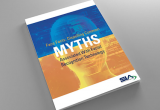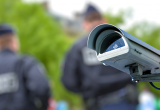SIA releases policies for proper use of facial recognition
Policies aim to curb trend of cities like Portland banning its use
29 September, 2020
category: Biometrics, Corporate, Digital ID, Government
Facial recognition policies are forming as the biometric ID method moves further into the mainstream — but still backlash builds, most recently in Oregon.
Turning back the clock on technological advancement through a complete ban on private-sector use of technology that clearly keeps our fellow citizens safe is not a rational answer during this period of social unrest in Portland
The Security Industry Association (SIA) recently released policy principles meant to guide the development and deployment of facial recognition technology. The organization said it believes all technology products, including facial recognition, must only be used for purposes that are lawful, ethical and nondiscriminatory. To that end, the SIA has set out the following principles:
- Ensuring transparency surrounding the use of facial recognition
- Establishing a clear and defined purpose for the use of facial recognition by organizations
- Using high-performing and accurate technology
- Incorporating human oversight and review
- Protecting data security
- Ensuring privacy by design
- Training and educating users of technology
- Improving or eliminating biased or discriminatory software
- Maintaining ethical acquisition of facial recognition technology
“SIA recognizes that some community leaders have expressed deeply-held views calling for the end of facial recognition technology use by law enforcement and the private sector. We respectfully but firmly disagree,” said SIA CEO Don Erickson. “Facial recognition technology offers tremendous benefits to society when used effectively and responsibly and with appropriate safeguards.”
SIA also has weighed in on the decision by the Portland, Oregon city council to ban the use of facial recognition technology by city government as well as businesses in places of public accommodation.
According to the group, prohibiting private entities’ use of facial recognition technologies affects any business providing goods, services or other accommodations to the public and will impact businesses’ ability to protect workers, customers, facilities and property, since it effectively targets business use of security systems.
“Turning back the clock on technological advancement through a complete ban on private-sector use of technology that clearly keeps our fellow citizens safe is not a rational answer during this period of social unrest in Portland,” Erickson said. “It is hardly a model approach to policymaking that any government should adopt.”
Facial recognition policies could curb bans
The Portland ban, which starts in January, is widely viewed as the broadest facial recognition ban yet passed in the U.S., with Boston and San Francisco among other cities that have taken similar moves. Future bans could follow as protest against police brutality continue, according to a blog post from O’Melveny & Myers special counsel Scott Pink.
Speaking of the recent Boston facial recognition ban — which applies to police use of facial recognition surveillance technology — Pink said that “I think it’s showing a trend among at least local city governments to revisit the usage of facial recognition technology in law enforcement. I think that is probably being spurred by recent events and the protests across the country regarding policing.”
Clearly, the debate is far from over, but banning a technology rather than improper use of a technology has typically been seen as shortsighted in time. With well-defined policies like those laid out in SIA’s recent work, society has in the past been able to benefit from new technologies while holding bad actors accountable.




